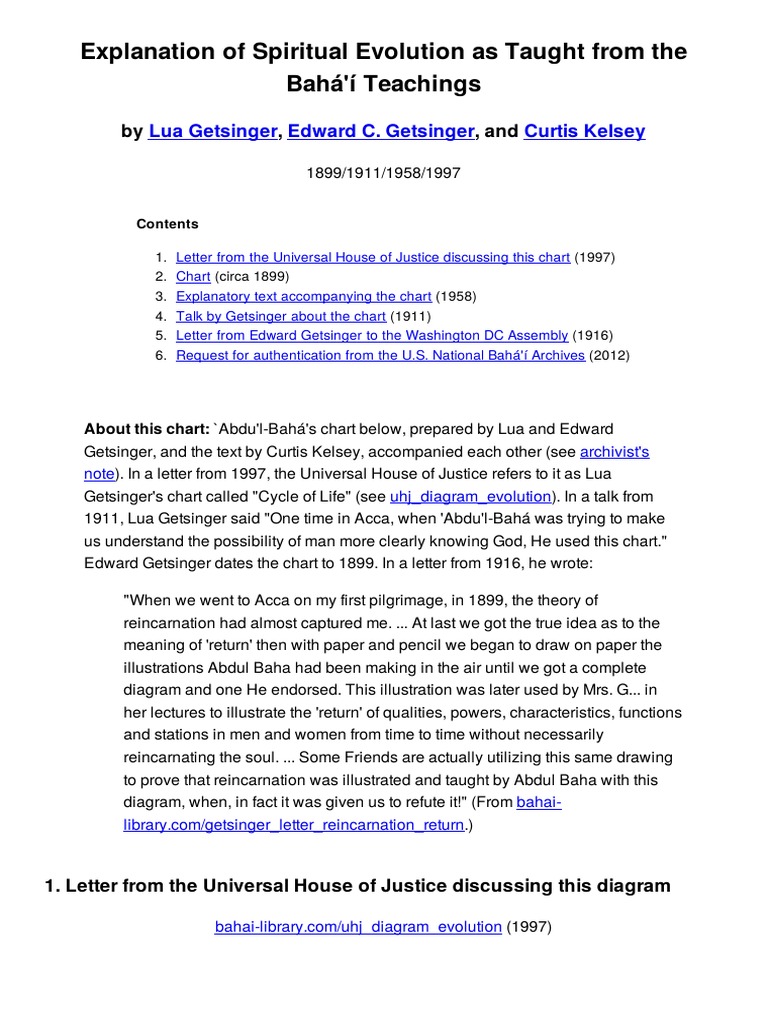In the intricate mosaic of Baha’i teachings, the concept of spiritual progress is not merely an abstract notion; it is a profoundly actionable idea that invites each individual to reflect on their own spiritual trajectory. Have you ever pondered the question, “Which grade is your soul in?” This playful inquiry poses a potential challenge to Baha’is and seekers alike, igniting an exploration into the evolution of the soul as it navigates through the stages of spiritual development. In this guide, we delve into the Baha’i understanding of the soul, the stages of its progress, and practical methods to elevate one’s spiritual grade.
The Baha’i Faith elucidates that the soul is an eternal entity, transcending the physical realm. It is an intrinsic part of humanity’s purpose, serving as the focal point of spiritual growth and transformation. Central to Baha’i belief is the idea that upon death, the soul continues its journey, ascending through various grades depending on the virtues it has cultivated during its earthly existence. Hence, it becomes essential for individuals to actively engage in their spiritual development while alive, lest they find themselves stagnating in their progression.
Spiritual evolution in the Baha’i context is often characterized by certain grades or stages. At its foundational level, this journey commences with a recognition of one’s own spiritual reality. This initial stage involves awakening to the idea that every human being possesses an essence separate from their physical form, a realization that can trigger a cascade of spiritual inquiry.
Progressing further, one enters the grade of self-discovery. At this juncture, the individual begins introspection and self-examination, striving to comprehend their inner inclinations, motivations, and the latent potential that resides within. This exploration is crucial, as it leads to the development of the character and virtues essential for further advancement. It is in this realm where virtues such as compassion, humility, and love start to crystallize, shaping a spiritually attuned individual.
As one cultivates these virtues, the soul can ascend to the stage characterized by community engagement. Baha’i teachings emphasize the importance of collaborative efforts and community building as avenues through which individuals can express their spiritual selves. This stage encourages active participation in service to humanity, fostering collective advancement. As individuals work together with a spirit of unity and purpose, their spiritual grades collectively rise, leading to the flourishing of both individual souls and society at large.
Once the individual has mastered the art of community engagement, they may find themselves at the grade of leadership and guidance. During this pivotal phase, individuals leverage their spiritual insights to inspire and uplift others. They become agents of change, emphasizing the transformative power of education and cooperation. This leadership is not confined to formal roles; it often manifests in everyday interactions, where individuals motivate those around them to pursue their own spiritual development.
Another critical aspect of Baha’i spiritual progress is the commitment to lifelong learning. The pursuit of knowledge and understanding is paramount in navigating through the spiritual grades. The Baha’i teachings encourage adherents to delve into the sacred texts and engage in scholarly discourse, seeking wisdom that transcends the mundane. This constant quest for enlightenment enriches the soul, ensuring that individuals remain dynamically engaged in their spiritual health.
Furthermore, the journey is not devoid of challenges; adversity often acts as a catalyst for spiritual growth. When confronted with difficulties, individuals have the opportunity to refine their character and deepen their faith. Trials and tribulations reveal inner strength, urging souls to transcend the transient setbacks, ultimately leading to a higher evaluation of one’s spiritual grade. The continuous resilience displayed in face of life’s vicissitudes becomes a testament to an ascendant spirit.
As one reflects upon their own spiritual progress, it is beneficial to engage in self-assessment regularly. Questions such as, “Am I manifesting the virtues I aspire to?” and “How do my actions align with my spiritual beliefs?” become vital checkpoints along the journey. These contemplative inquiries not only serve as indicators of progression but also illuminate areas for potential growth.
One of the most profound elements of Baha’i teachings is the recognition of the interconnectedness of all souls. This interconnectedness suggests that the spiritual growth of one is intrinsically linked to the advancement of others. Thus, as individuals work to elevate their own grades, they simultaneously uplift those around them. This collective rise creates a virtuous cycle of spiritual evolution, embodying the essence of Baha’i principles.
Ultimately, the journey along the path of spiritual progress in the Baha’i Faith is deeply personal yet universally relevant. As individuals assess which grade their soul currently occupies, it becomes apparent that the essence of spiritual elevation is not merely about destination; it is about the journey itself—the lessons learned, the virtues fostered, and the connections made. The playful challenge of assessing one’s spiritual grade thus transforms into a profound invitation: to embrace the ceaseless pursuit of spiritual excellence. May we all strive to reach higher grades, continually fostering our own potential while uplifting humanity on this shared odyssey of spiritual evolution.
